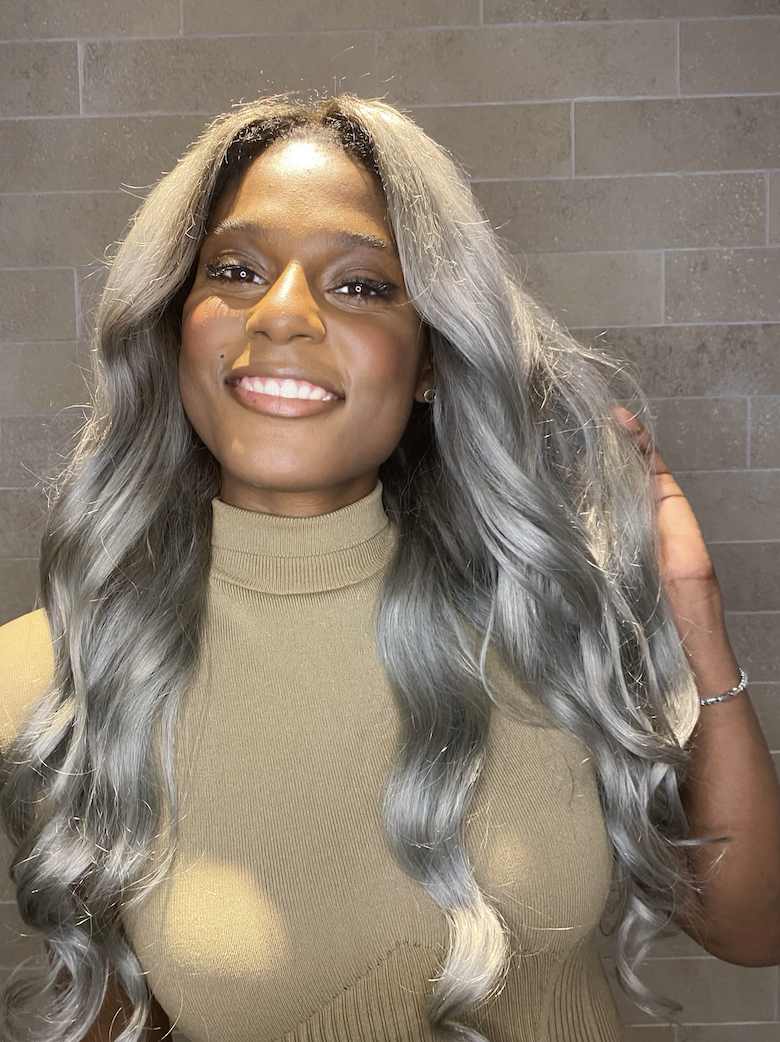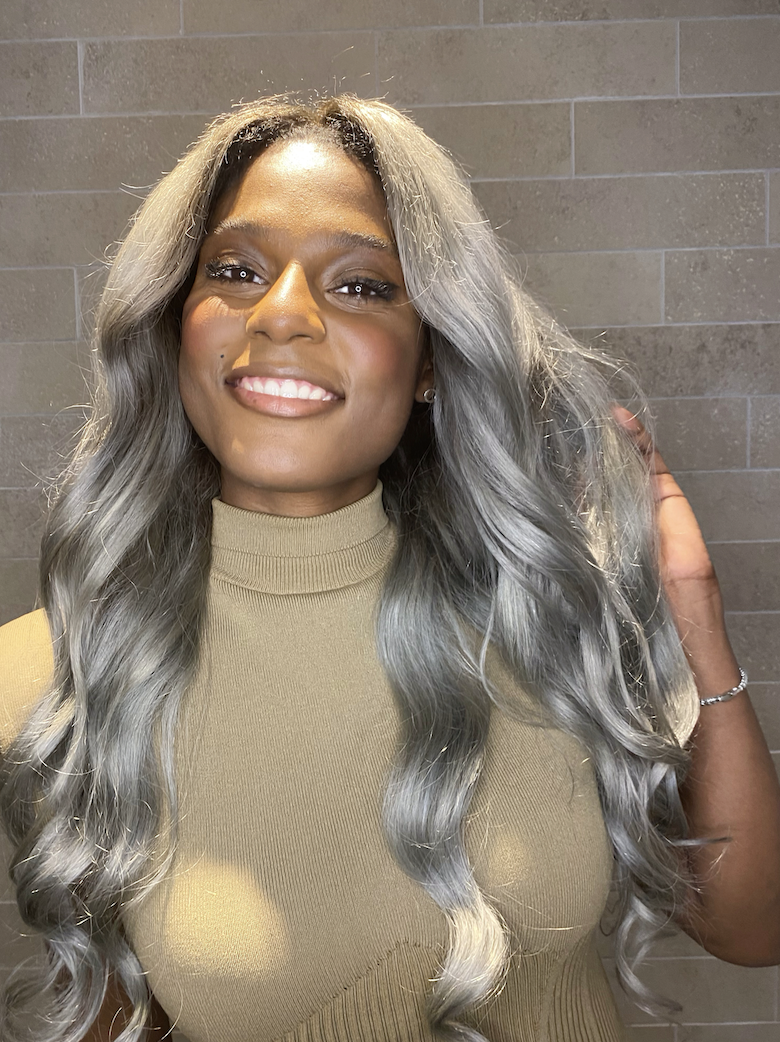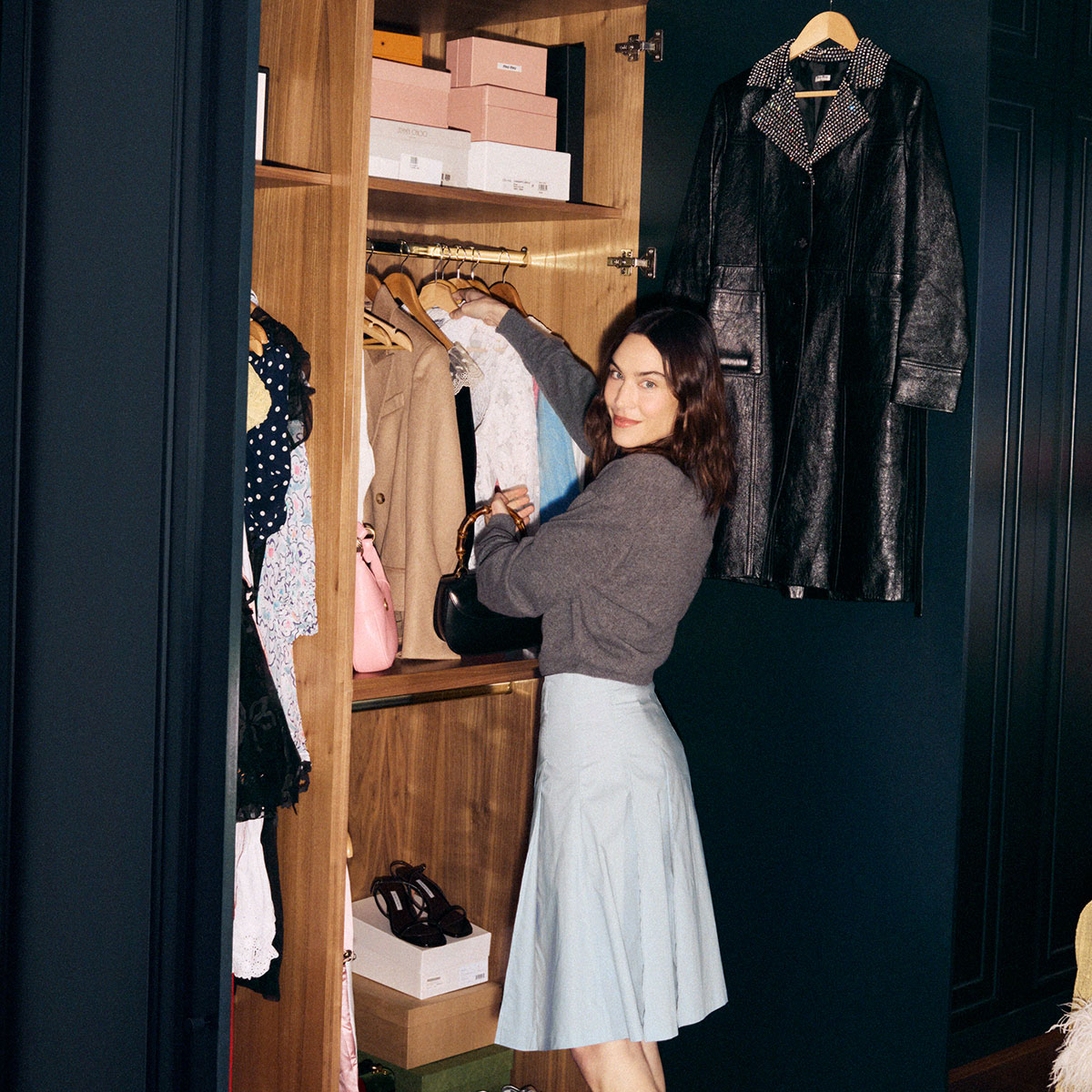As a black woman you are held to higher standards and criticised more harshly
It's no surprise so many black women came out in support of Diane Abbott this weekend - they know how it feels to be vilified


A Black woman with a voice is not someone the corporate world wants climbing their exclusive ladder. Diane Abbott, the first Black woman ever elected to the British Parliament, is a good example. Following the recent reports of the statement made by the Conservative Party’s biggest donor, Frank Hester in the past week, the news cycle has turned into a circus.
The fact people were debating whether it's racist to say that Diane Abbott makes you “just want to hate all black women” feels like a scene from the BBC’s satirical show ‘The Thick of It’. Like most people, I'm not surprised that there are rotten racist apples amongst the gatekeepers of this nation, but I’m horrified they are courageous enough to express their feelings so explicitly – in a post-BLM world.
The past week's discourse goes beyond Diane herself and is a stern reminder that no matter your job title, class, education, network, or pay bracket, as a Black woman, you will be held to higher standards than any other demographic. You will also receive more acute scrutiny and criticism. According to a survey by Amnesty International in the lead up to the election, Dianne Abbot was abused online 10 times more often than any other female MP. Furthermore, black and Asian female MPs on the whole received 35% more abusive tweets than their white colleagues.
Surprised not to be called to speak in a Prime Ministers Questions mostly about racism and me. Stood over 40 times. Speaker claims he ran out of time. Truth is he can make PMQs go on as long as he likes pic.twitter.com/Fz7ft7NJo8March 16, 2024
It was heartening to see the outpouring of support from all groups over the weekend and the hundreds taking to the streets to show their solidarity with Diane, but it was hard to see past the way she was treated in her own place of work. Diane stood up 46 times in Prime Ministers Questions on the Wednesday to put a question to the PM about Frank Hester and his racist comments and was ignored. Her voice was not important enough to be heard, even in a matter involving herself.
I'm disturbed by how quickly the Prime Minister called for clemency for an act so profoundly and indefensibly racist. Regardless of your political orientation or views on Diane - who has held her hands up and apologised for comments she made that lost her the whip in the first place - the way she has been vilified is wrong. And sadly, this incident is not isolated, exposing the disturbing reality faced by many Black women in the workplace.
A UK study by TUC in 2022 showed that more than 120,000 workers from minority ethnic backgrounds have quit their jobs because of racism. ONS data shows that Black African women have a 26% pay gap compared with the average male worker. Despite only covering 6% of the working population, they make up 15% of all students in higher education. 60% of black and minority ethnic women are in higher education.
A UK study by TUC in 2022 showed that more than 120,000 workers from minority ethnic backgrounds have quit their jobs because of racism.
Shei Mamona
But Black women don’t just experience discrimination, misogynoir (a term used to describe dislike or ingrained prejudice against Black women) and racism at work. It’s in schools, social settings, and even in the doctor’s office (Black women are three times more likely to die during childbirth than white women). If this isn’t a form of gaslighting, I don’t know what is.
Marie Claire Newsletter
Celebrity news, beauty, fashion advice, and fascinating features, delivered straight to your inbox!
“Sometimes I feel like nothing I do is right; if I’m outspoken, I’m bossy and rude; if I’m quiet, then I’m passive-aggressive or nonchalant. If I quiet-quit, I’m disengaged. If I’m excelling, they suddenly find me overly competitive and not a team player. I’ve struggled to climb to the position I am in my career right now, and I tried to play the game, but there is only so much code-switching a Black girl can do.” Says *Brittany, 32, an HR Manager at a Big 4 consultancy firm.
Black women are the perfect victims for the glass cliff phenomenon – when women and other minorities are disproportionately placed in leadership positions during times of crisis or uncertainty when the risk of failure is high.
For me as a Black woman, I found myself free-falling from the glass cliff most of my 20s. I worked in corporate settings, where the rules were different, and the goalposts for progression kept changing. I was asked to go further than my colleagues to get half the credit. I have been treated poorly by seniors, patronised, gaslighted, accused of things I didn’t do, and regularly had the “Angry Black Woman” trope thrown at me without any basis.

The author
Many Black women in my life have said there is a culture of celebrating mediocrity in the corporate world. “I work in finance, and although numbers don’t lie, male privilege still seems to prevail, and I have white male peers that despite callous mistakes, bad time management and subpar results, have been promoted ahead of me.” Says Beth, 31, a Black financial advisor in London.
For Black women, mediocrity is not an option, and that’s not to say that it should be, but surely, we should be afforded the same level of grace as our peers. We should be rewarding Black women shattering through glass ceilings, not booting them off the glass cliff without a parachute by bullying and gaslighting them out of the corporate ladder.
“Over the last week we’ve been showered with violent deadlines talking about that Frank guy wishing Diane was shot. Every time I hear it, it sets me off. I guess I’m triggered,” says *Sammie, 29, a Black civil servant in London. These conversations should be treated with nuance and understanding, yet there has been a lack of trigger warnings and consideration on navigating this sensitive topic. It’s clearly provoking discomfort among Black women and, quite frankly, undermining the severity of the language. This is a good example of where the ‘strong Black woman’ trope can adversely influence social perceptions and treatment towards us.
We should be rewarding black women shattering through glass ceilings, not booting them off the glass cliff without a parachute by bullying and gaslighting them out of the corporate ladder.
Shei Mamona
It’s really no wonder Black women are all over social media, figuratively battling strangers and Facebook trolls and engaging in serious discourse. We still have a systemic problem with racism in the corporate world, inherited like a treasured family heirloom trickling down generations of leadership.
It’s easy to reduce a Black woman's natural incline to racial activism as “playing the race card,” but I can guarantee you that the vast majority of Black women don't wake up with the intention of getting a gold medal in oppression Olympics. This is our lives, and we’re seeing in plain sight how deeply this is entrenched in our society. We just want to have a fair shot. So when will justice enter the room?
*names have been changed for privacy

Sheilla Mamona, otherwise known as Shei [SHAY] is a freelance journalist with bylines in publications such as Vogue, GLAMOUR Magazine, Allure, The Sunday Times STYLE and The Telegraph.
-
 Ties are the unexpected cool-girl accessory to invest in this season
Ties are the unexpected cool-girl accessory to invest in this seasonSchool is in session
By Sofia Piza
-
 This is not a drill: you can now shop Alexa Chung's actual wardrobe on Vinted
This is not a drill: you can now shop Alexa Chung's actual wardrobe on VintedOwn a piece of sartorial history
By Penny Goldstone
-
 New Look’s spring collection has dropped—as a picky fashion editor, I’m seriously impressed
New Look’s spring collection has dropped—as a picky fashion editor, I’m seriously impressedSpring trends at affordable prices
By Jazzria Harris